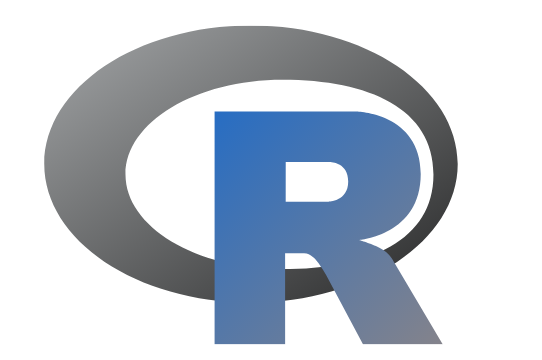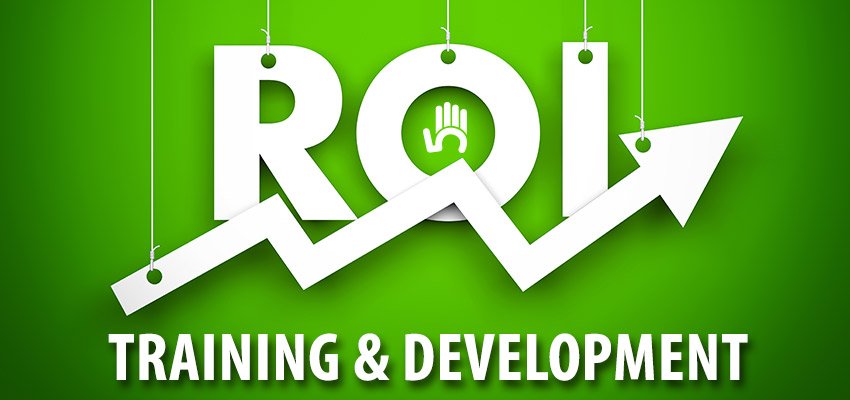Course Overview
The Introduction to R course is designed to equip learners with the basics of R programming for beginners, providing a strong foundation in the essentials of this powerful statistical programming language. Upon completion, learners will have a solid grasp of R’s capabilities and be well-prepared to tackle more complex tasks. This introduction serves as the best course to learn R programming for those seeking a comprehensive and practical start in data science and statistical computing.
Learning objectives and outcomes:
- Understand the basics of R, including its history and applications in data analysis.
- Successfully installed R and set up a working environment with RStudio.
- Navigate R’s Comprehensive R Archive Network (CRAN) and access R documentation for help.
- Utilize the R console and RStudio interface for executing R scripts.
- Identify and install popular R packages and libraries to extend functionality.
- Manage packages by learning how to install, load, and update them as needed.
- Set and get the working directory for organizing R projects and scripts.
- Create, run, and save R scripts, as well as exit R while preserving work.
- Use comments and understand reserved words within the R programming language.
- Perform basic arithmetic operations in R using various operators and understand scalar data types.
- Manipulate atomic vectors, matrices, lists, and data frames for effective data structure management.
Course Prerequisites
To ensure you can successfully participate in our Introduction to R course, we recommend the following prerequisites:
- Basic understanding of programming concepts (variables, functions, loops, etc.).
- Familiarity with statistical concepts is helpful but not necessary.
- Ability to navigate and operate a computer effectively.
- Comfort with installing software on your personal computer.
- Eagerness to learn and problem-solve.
- No prior experience with R or any other specific programming language is required.
Target Audiance
- Data Analysts
- Statisticians
- Data Scientists
- Academic Researchers
- Market Researchers
- Students in Computer Science, Statistics, or Data Science
- Business Analysts who require statistical analysis skills
- Software Developers interested in data analysis or statistical computing



 4.7
4.7

